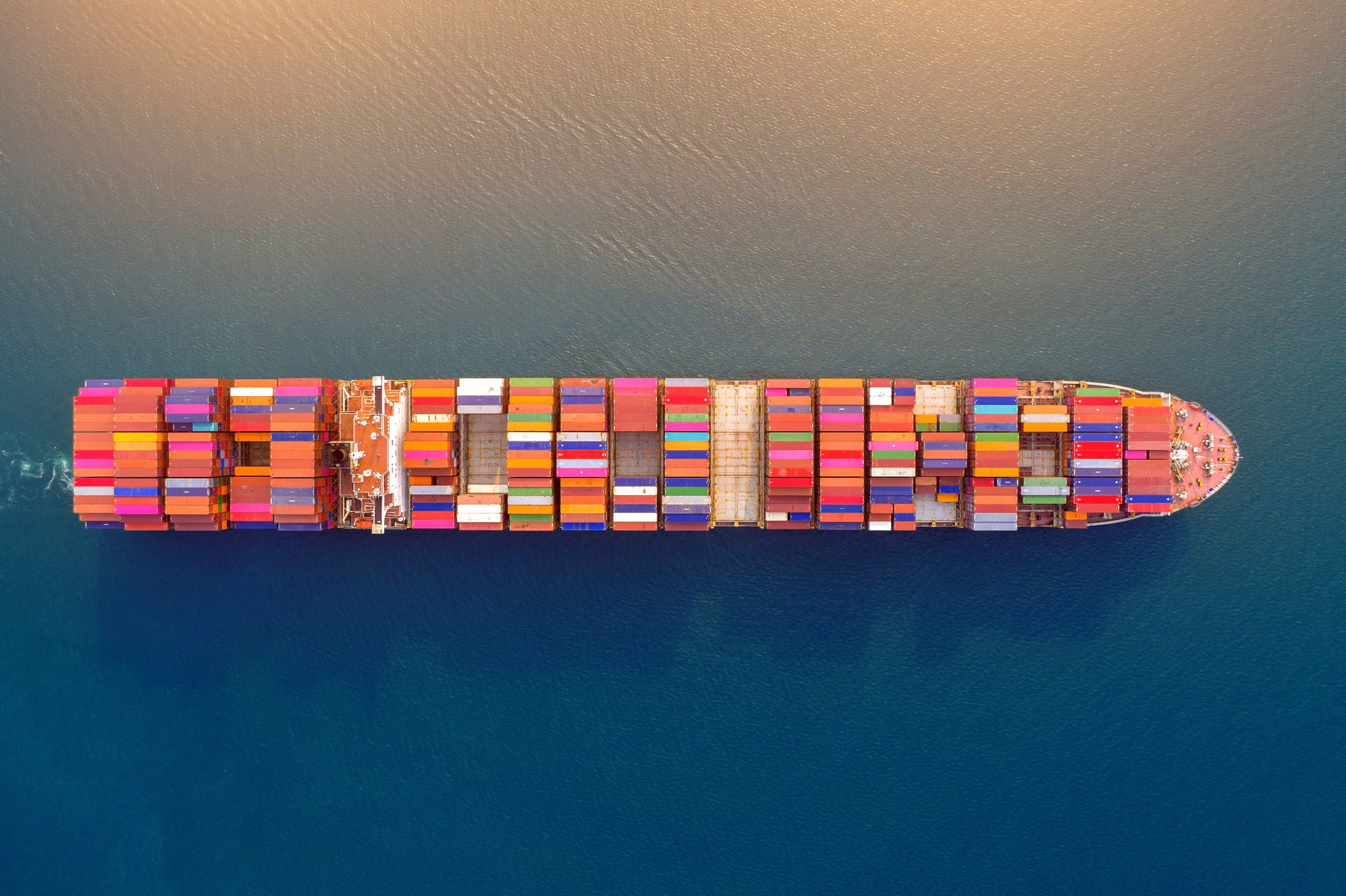
There used to be three obstacles to the widespread adoption of electronic bills of lading (eBL): technology, the law, and industry standards.
The first obstacle, technology, has essentially been resolved since blockchain and application programming interfaces (API) arrived on the scene. When the UK Electronic Trade Documents Act (ETDA) came into force on 20 September 2023, a major legal obstacle to eBL also disappeared. The one remaining obstacle to digital bills of lading is the industry itself.
Limited eBL adoption so far
Achieving international consensus on the acceptability of eBLs, and reaching agreement on what an industry standard eBL might look like, is a big challenge. Businesses that have adopted eBLs already, or are piloting them, do so within closed legal ecosystems. These are specific contractual arrangements that everyone in the chain of custody needs to sign up to, ensuring that the eBL is accepted and can perform the functions of a traditional paper original. This makes them very limited in scope.
So let’s figure out how the first two obstacles to electronic bills of lading have been overcome, and what makes the industry itself – which has so much to gain from digitalisation – reluctant to modernise its handling of contracts and data.
Obstacle 1: Technology
Modern enterprise software and APIs already enable UK exporters of recyclable commodities like waste paper OCC to interface with shipping lines. This allows both sides to update in real time the sort of key information that electronic bills of lading also contain. Pilot eBL projects conducted by shipping lines and innovators like WAVE BL are already opening the way to a range of services underpinned by blockchain technology to improve traceability and risk management.
Not all traders and exporters have woken up to the benefits of digitalisation, of course. Sooner or later however, everyone in the recyclables supply chain is going to need a modern digital back-office that enables document automation based on a single source of truth.
Obstacle 2: Legislation
The UK Electronic Trade and Documentation Act governs about 80% of bills of lading and puts eBLs on the same legal footing as their traditional paper equivalents. This overturns centuries of paper-based tradition and is therefore a big deal.
The UK is not alone in updating its legislation to enable digital documentation. Legislators in Singapore have passed the Singapore Electronic Transaction Act. The U.S. has also tabled proposals to modernise the Uniform Commercial Code (UCC), which is sure to accelerate the adoption of digital documentation once it passes into law.
But is this growing patchwork of digital-friendly legislation enough to persuade the trade finance industry that it can begin to accept and enforce electronic bills of lading as collateral?
Obstacle 3: An industry standard eBL
Unfortunately not. An industry-wide agreement on standards is still the big blocker. Legislation is introducing requirements about the reliability of eBL SaaS systems. But it’s the industry’s responsibility to develop standards around eBL possession, transferability and other trade-specific processes such as the ability to endorse. Only consensus on standards will enable the widespread implementation and acceptance of eBLs in global trade.
In the meantime, closed-shop contractual arrangements may be the only way forward. This incremental progress is a risk for software developers however. All that customised work could rapidly become obsolete should the industry get its act together and adopt a systematic law-based approach.
A long term solution to trade digitalisation
The difficulties of achieving consensus in international trade cannot be underestimated. Many actors continue to benefit from inefficiencies and a lack of transparency. But let’s not forget the enormous gains in efficiency that the digitalisation of recyclables trading could bring to the global circular economy. Judging by the experience of other industries that were slow to change, it is only a matter of time before the digital floodgates open.



